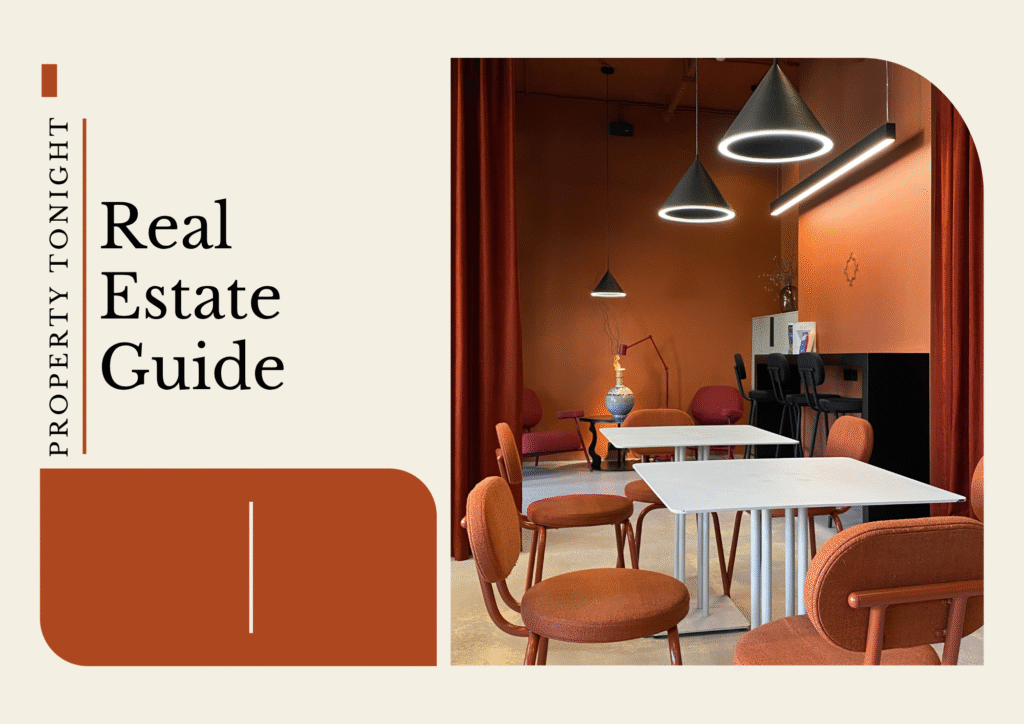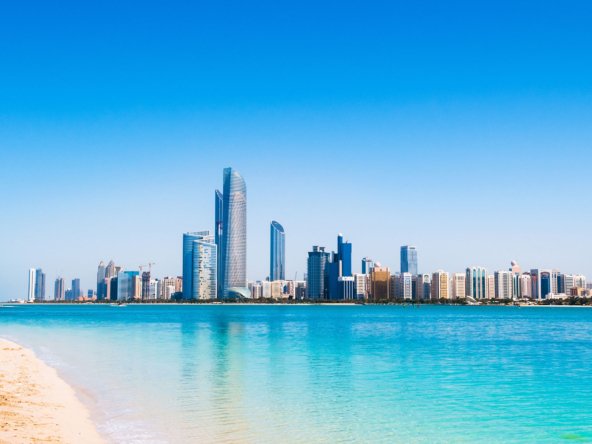
The United Arab Emirates (UAE) has emerged as one of the most attractive destinations for real estate investment in the Middle East. With its strategic location, tax-free zones, stable economy, and visionary leadership, the UAE continues to offer immense opportunities in residential, commercial, and industrial real estate markets. This guide explores the various aspects of real estate across different Emirates including Dubai, Abu Dhabi, Sharjah, Ajman, Fujairah, Ras Al Khaimah, and Umm Al Quwain.
Overview of UAE Real Estate Market
The UAE real estate market is diverse and dynamic. Major cities like Dubai and Abu Dhabi serve as economic powerhouses with high demand for luxury apartments, villas, and commercial properties. Government reforms, including long-term visas and foreign ownership rights, have played a critical role in boosting investor confidence.
- Dubai remains the most prominent real estate hub in the UAE. Known for its skyscrapers, luxury properties, and mega projects like Palm Jumeirah and Downtown Dubai, the city continues to attract global investors.
- Abu Dhabi The capital city offers a mix of modernity and tradition. With government initiatives and lower property prices compared to Dubai, it presents great investment potential.
- Sharjah is popular among families due to its affordability. It also has strict cultural norms and limited freehold areas.
- Ajman provides budget-friendly residential properties with promising rental yields, making it attractive for middle-income investors.
- Fujairah is gaining attention due to its scenic beauty and development projects, especially in hospitality and tourism sectors.
- Ras Al Khaimah has become a hotspot for tourism and real estate with developments in Al Hamra Village and Marjan Island.
- Umm Al Quwain offers untapped potential with low land prices and development opportunities for long-term investments.
Legal Framework and Ownership Laws
Foreign ownership is allowed in designated freehold areas. The UAE government has made it easier for expatriates to own property, especially in Dubai and Abu Dhabi. Recent reforms like 100% business ownership and 10-year Golden Visas have boosted the market.
Real Estate Investment Types
The UAE offers various types of property investments:
- Residential: Villas, apartments, townhouses
- Commercial: Offices, retail shops, warehouses
- Industrial: Logistics hubs, factories
- Hospitality: Hotels, serviced apartments
Market Trends and Future Outlook
With increasing digitalization, smart homes, and sustainable developments, the UAE is paving the way for futuristic real estate. Expo 2020 legacy, COP28, and economic diversification strategies are expected to further strengthen the sector.
Tips for Investors
1. Choose the right location based on your investment goal.
2. Understand the legal framework and ownership rules.
3. Evaluate rental yields and capital appreciation potential.
4. Work with registered brokers and agents.
5. Diversify across Emirates for balanced risk.
Conclusion
The UAE real estate market offers unmatched opportunities for both local and international investors. With continuous development, investor-friendly regulations, and economic stability, the sector is poised for long-term growth. Whether you’re a first-time buyer or an experienced investor, understanding the dynamics of each Emirate and staying updated with market trends is key to success.

